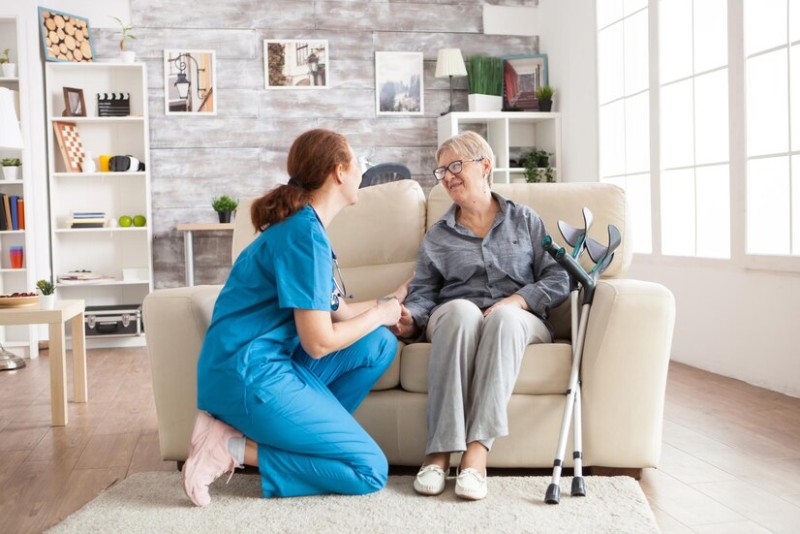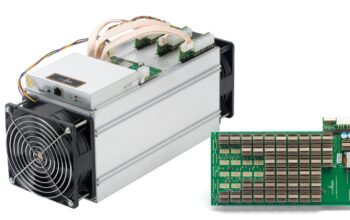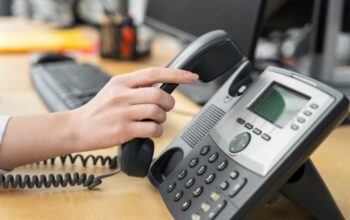The impact of technology on assisted living facilities in Florida can be substantial. It can increase security, enhance communication with residents, and help monitor and manage resident behaviors.
For example, nurse call systems enable staff to contact nursing stations from the resident’s bedroom, bathroom, tub room and other critical areas. Early call systems required physical activation by the resident, sometimes through a call button or pull cord.
Increased Security
Technology plays a vital role in ensuring the safety and security of assisted living residents. The impacts of technology on the assisted living industry include:
- Improved security measures.
- Increased communication with residents and staff.
- A reduction in petty theft.
Keeping a facility secure can protect its residents and staff and help reduce liability issues related to security breaches. However, more is needed to have security measures in place; facilities must follow proper procedures to ensure that these systems work correctly and efficiently.
In addition, security concerns like elopement/wandering, theft and neglect can cost healthcare facilities millions of dollars annually in lawsuits and settlements. A robust safety culture must be developed and cultivated throughout the facility to reduce these expenses and protect the quality of care provided by assisted living facilities.
Remote Care Monitoring
Many elderly individuals have the desire to remain at home as they age. Unfortunately, this is not always possible, especially for those with depleted sources of strength or those unable to care for themselves due to illness or injury.
Remote patient monitoring (RPM) is a technology that allows doctors and caregivers to connect with patients on demand via voice and video. This helps reduce healthcare costs and improve health outcomes by reducing hospital readmissions and emergency department visits.
Despite the benefits of RPM, it still needs to be used more widely. The primary barrier to adoption is physician reimbursement.
Communicating with Residents
Assisted living facilities in Jacksonville have a unique role in helping older people cope with declining health. They provide a safe and comfortable environment where residents can live independently or enjoy a more social lifestyle.
Effective communication with residents and their families is crucial to providing the best care. It can strengthen relationships, help residents feel comfortable with their surroundings and make your job as a caregiver easier.
A recent study examined the communication of CNAs in Jacksonville Florida assisted living community. Researchers listened to conversations between the CNAs and residents before and after they underwent training.
The study found that after the training, the aides used a more positive tone when speaking to residents. This positive attitude was reflected in their words and actions.
Tracking Wandering Residents
When a resident wanders, they can be at risk for injury and elopement. Fortunately, technology can help track a senior’s location and alert staff when they move out of their designated areas.
Wandering is an expected behavior among residents with Alzheimer’s, dementia and other cognitive disorders. It can be caused by various factors, including increased restlessness and pacing, incongruent boundaries, lack of communication skills or reluctance to stay within a facility.
Assisted living facilities can reduce the risk of wandering by ensuring enough staff to support every resident and keep them safe. Additionally, caregivers should ensure their loved ones wear personal tracking devices that send their whereabouts to a central location for caregivers and family members to view. Using wireless nurse call pendants, staff can locate wandering residents to get them back inside before a safety incident occurs. This provides a safer environment for both residents and staff.








